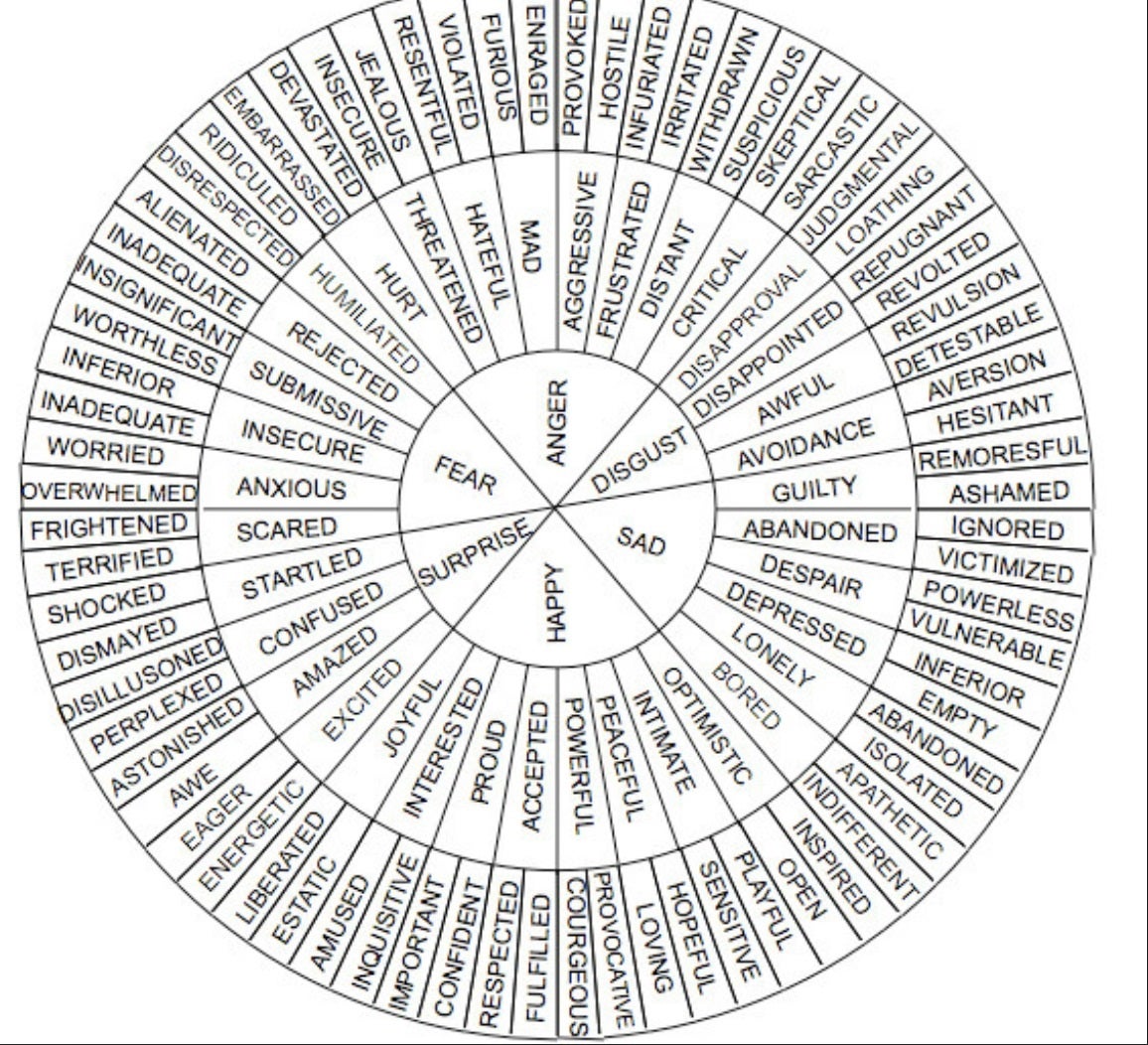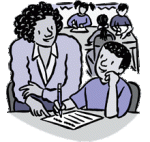From impact to tutoring skills, our night of anecdotal fun gave us a lot to talk about. Keep reading to see what issues we discussed and the resolutions we brainstormed…
1) How do you think you students see you? What impact do you believe you have?
Older, more experienced and good at everything – In this case, remember to have conversations with your kids to show them your fallibility. You DON’T have to be good at everything in order to be intelligent or successful. Emphasize that you are still learning, even though you’re SO OLD (haha).
McGill Student, and thus either embodiment of goals or embodiment of the unachievable – As one of the volunteers notes, her girl thought McGill was the “Holy Grail” while the other was taught to forget about post-secondary education. Try to expand their perceptions. You don’t NEED McGill, it is just a great school that offers many things. Remind them of the various clubs in highschool they can join to learn cool, new things. Talk about how intelligence and learning isn’t restricted to the school.
Someone to talk to – Every single outburst of emotion these kids show, is a sign of how much they care about you. It is important that they have someone to let out their worries on. Do not be anxious if you feel you do not know how to deal with the situation. It is enough that you listen. Sometimes, ways to help are easy. Example: for an anxious grade sixer about to enter High School, bring in your old yearbook to show them how awesome it can be and how much they’ll grow.
Other answers: a motivator, a diverse figure, a friend and a tutor
2) How do you think your students see themselves?
Someone who won’t amount to anything – Of course, we know this isn’t true about our kids. This perception comes from a negative self-image. This can come from failure in school, mistreatment (verbal, cyber or physical bullying), media absorption, etc etc. For the school work, break things down into small (achievable!) tasks to boost their ego. For bullying, treat them with RESPECT and remind them of their potential. Talk about your goals and dreams on a simple scale. And for media absorption, have conversation with them or look to our archives for activities. It always helps, in general, to make them feel useful. Give them things to do, responsibilities. Speaking of which…
Someone who is irresponsible – Relay stories about how much you’ve grown to become responsible (after all, I’m STILL growing!). Remind the kids that responsibility doesn’t happen over night. Maybe give him/her a small task to accomplish each week at Homework Zone (ie; hand-out snack, collect pencils at end, etc).
Someone who can’t do it alone – Sometimes, they say this simply because they want your full attention. And you know what? Give it to them! Allow them to accomplish the homework alone while providing your full attention (perhaps have them talk to you about the process while they do it). If you are juggling 3 different kids, set up smaller tasks that each of them can do while you set up the next kid. Inform each child they will need to present you with a very important progress report in order to continue.
3) As a tutor, what problems do you encounter (and what tools do you need to overcome them)?
Inability to understand – The key is to break it down into smaller, achievable steps. Not only will it boos their ego, but it will help narrow down what exactly the question is asking. For example:
- What are the numbers? Circle them.
- What am I doing? Division
- What des that mean?
- What numbers are important? Write them down.
- What do need to find with them? Underline.
- Etc.
Keeping Focus/Attention – Use manipulatives (ie; counters) to visualize the problem. Sometimes, however, students forget the answer the moment they turn away…and then the manipulatives have been jumbled. Perhaps draw visuals. The key is to slowly reduce the use of manipulatives and visuals, moving the picture into their head. This can be accomplished by having students think out loud as they go through the process. Eventually, they’ll go through the movements without the visuals.
Do not rely on memorization and rote learning. Make sure students are thinking about the processes, not just the answers.





